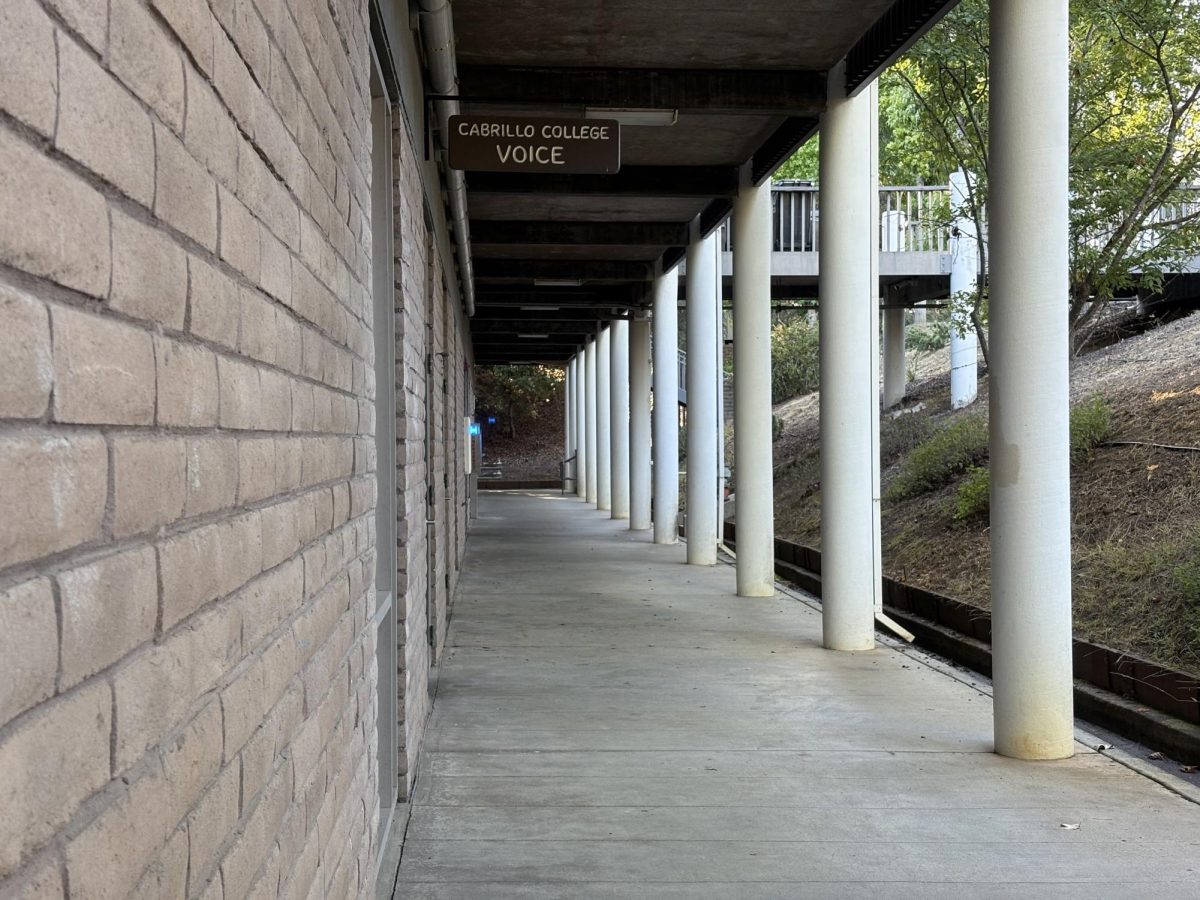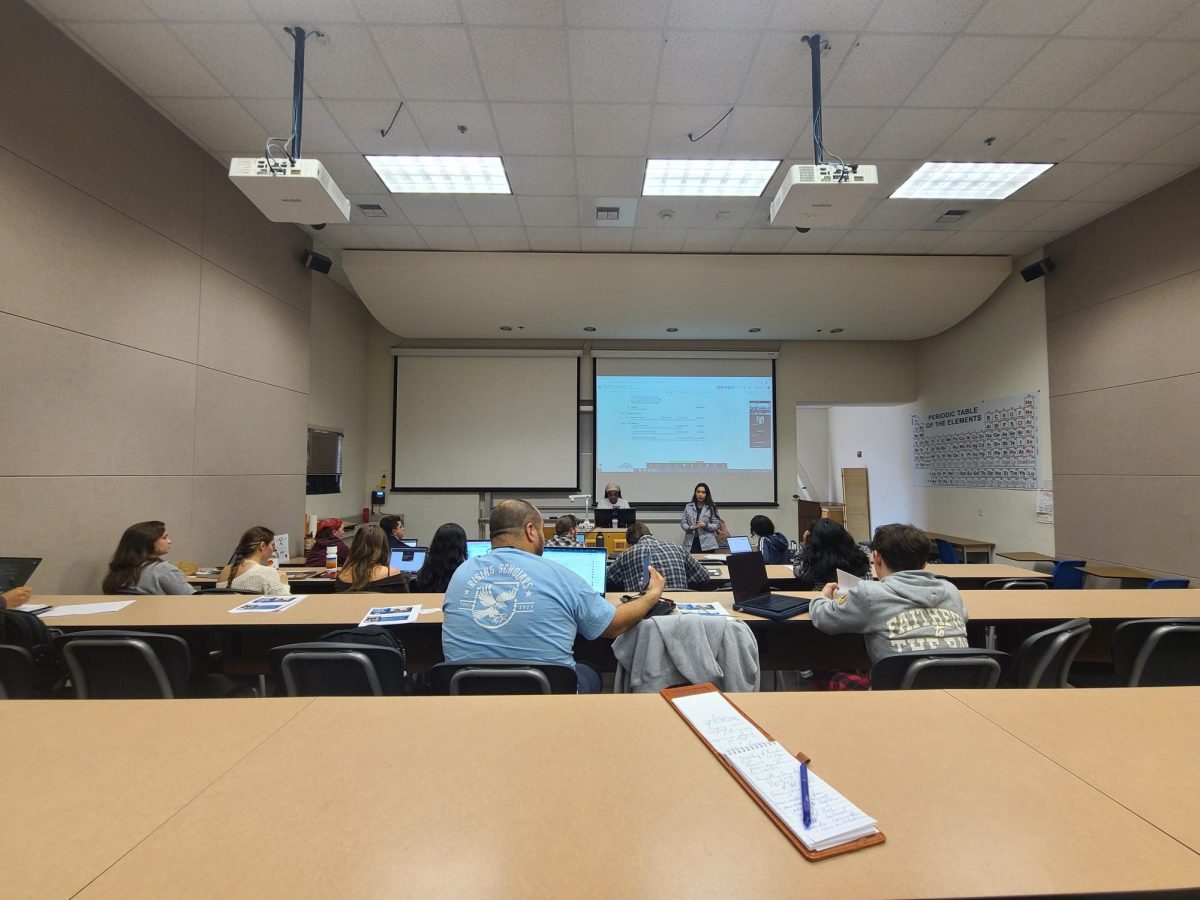A flock of Bird electric scooters appeared on curbs around Santa Cruz two weeks ago, but before people even knew they were there, the city issued a cease and desist order and impounded them. Last weekend the San Diego company did it again, filling city streets with another hundred scooters and goading the City Council into adopting an emergency moratorium on all ‘shared mobility services’ (besides Jump) this Tuesday.
For Bird Rides, Inc, this is just business as usual; founder Travis VanderZanden seems to be borrowing heavily from the playbook he used as an executive at Uber. “Bird operates using a business model that ‘asks forgiveness’ rather than permission,” said Eileen Cross, a spokesperson for the City of Santa Cruz.
“Bird dropped 100 plus scooters in our community with no warning to the city,” said transportation planner Claire Fliesler, and then sent an email letting the city know. The company ignored the cease and desist letter citing public right-of-way codes and, after city workers impounded the first scooters — and after a week of back and forth between the company and the city, it put out more scooters without permission.
“Since this is an extreme rarity and is unfair to the hundreds of businesses in Santa Cruz who operate legally, we don’t plan to work with similar operating businesses going forward,” said Cross.
Contrast Bird’s failed dress rehearsal with the success of Jump, the Uber-owned electric bike share service that worked with city officials for almost a year before the roughly 250 fiery red bikes populated their charging stations last May.
“We went to over 18 public meetings to get the bike share system approved, to site the stations, to do community outreach, and to move through the whole permitting process,” said Fliesler.
When the city put together a request for proposals from bike share vendors, Jump was chosen out of seven bids. After a sustained backlash by residents over what many saw as an eyesore and a safety concern, the grumbling seems to have receded and Jump bikes enjoy an average of five rides per bike per day, as reported to the Sentinel by David Nelson, Jump launch general manager.
So far the bikes can only operate within the city of Santa Cruz. The company did not comment on whether the service area would be expanded to include Cabrillo.
The irony is that while the seemingly more mature Jump was acquired last April by Uber, a company infamous for its early ‘ask forgiveness’ tactics, the brasher Bird was founded by one of Uber’s ex-executives.
VanderZanden became COO of Lyft when it bought his car wash startup, Cherry (which sent car washers to your location, but ultimately failed) in 2013. He resigned and joined Uber in 2014. Lyft sued him for allegedly breaking a confidentiality agreement, settling for an unknown amount. He served as VP of growth and then VP of driver pool, then left Uber in 2016. Less than a year later he founded Bird, which raised $400 million at a valuation of $2 billion within a year, one of the biggest growth spurts ever seen.
Bird is marketed as an environmental revolution in local transportation, hoping to reduce short distance car trips, traffic and carbon emissions, but the company has invited the ire of city governments and residents around the country. Overnight their scooters appear by the hundreds, and before communities can discuss it they’re zipping around in the streets, cluttering up sidewalks and causing accidents.
Last February Bird made a plea deal for $300,000 with the City of Santa Monica for failure to secure proper licenses and permits. They have also received cease and desist letters from the cities of Los Angeles, Fresno, San Francisco, Indianapolis and Nashville.
Activists and malcontents publicly destroy and vandalize scooters and lampoon the company on social media. Bird’s management seems to turn a blind eye, but a growing movement blames disruptive mobility startups like them for skimming money from investors and elites that could otherwise have been used to improve public transportation infrastructure. There has also been an outcry against city governments who seemed to be paying more attention to the startups than to vulnerable populations like people experiencing homelessness.
But VanderZanden’s tactics seem to be working. Last week Bird announced it has passed 10 million rides, and its website claims to operate scooters in 84 cities in the US, as well as Paris and Tel Aviv. However, Santa Cruz was one of the cities listed, so that figure might not be accurate.
The moratorium issued by City Council is only for 45 days, subject to renewal, while the city develops standards for what scooter and bike share programs would look like. Next time a company tries to disrupt the market in Santa Cruz, the city will be ready.
“The City likes to be business friendly,” said Cross, “but friendliness goes both ways.”








Marcello Hutchinson-Trujillo • Oct 2, 2018 at 5:16 am
Nice article